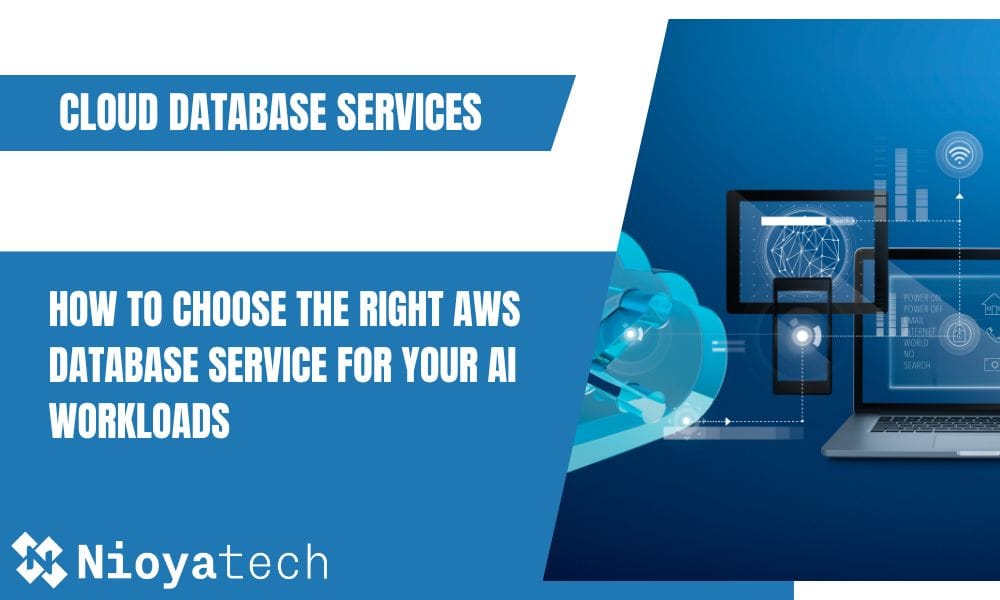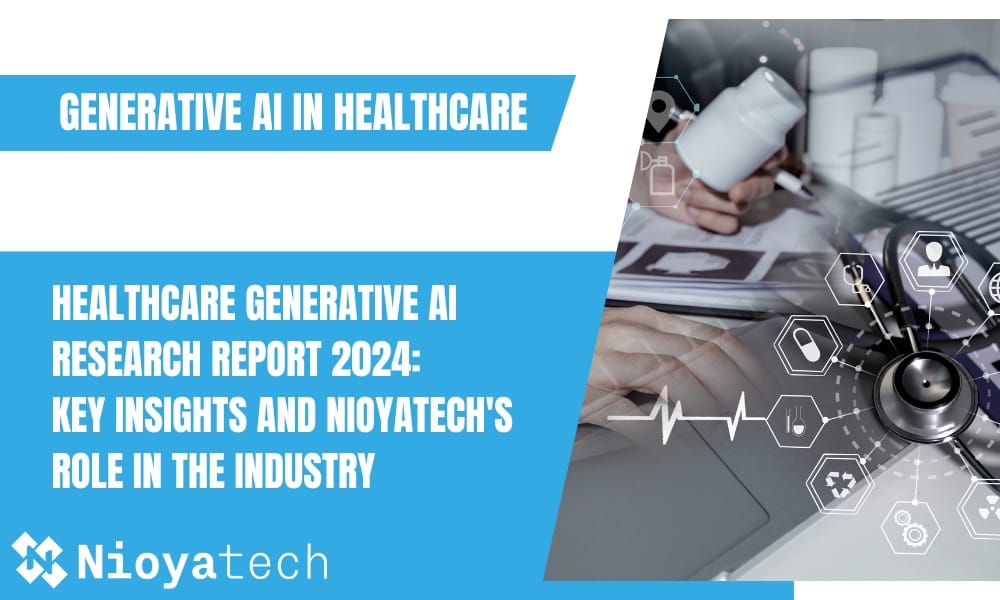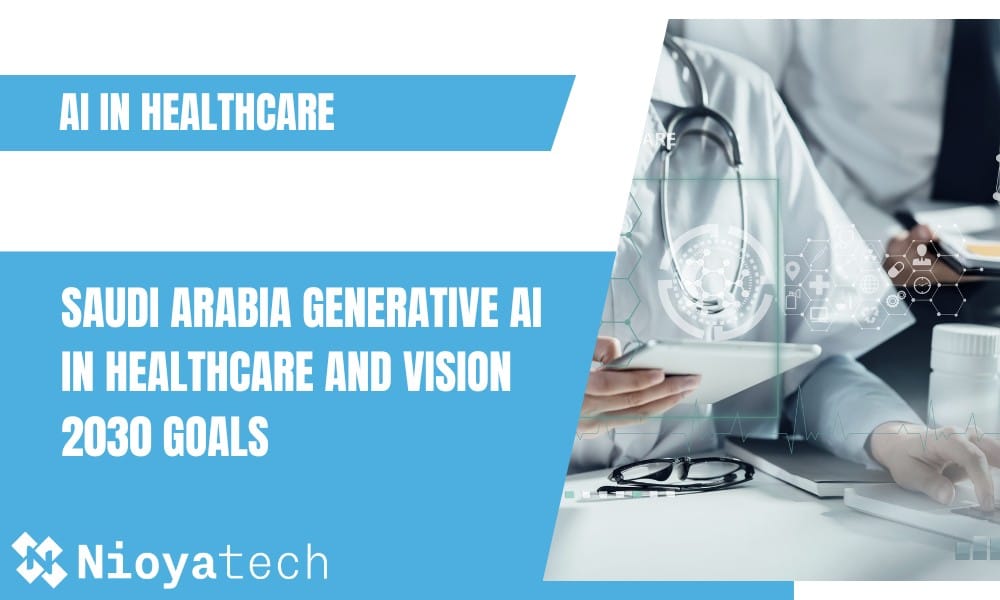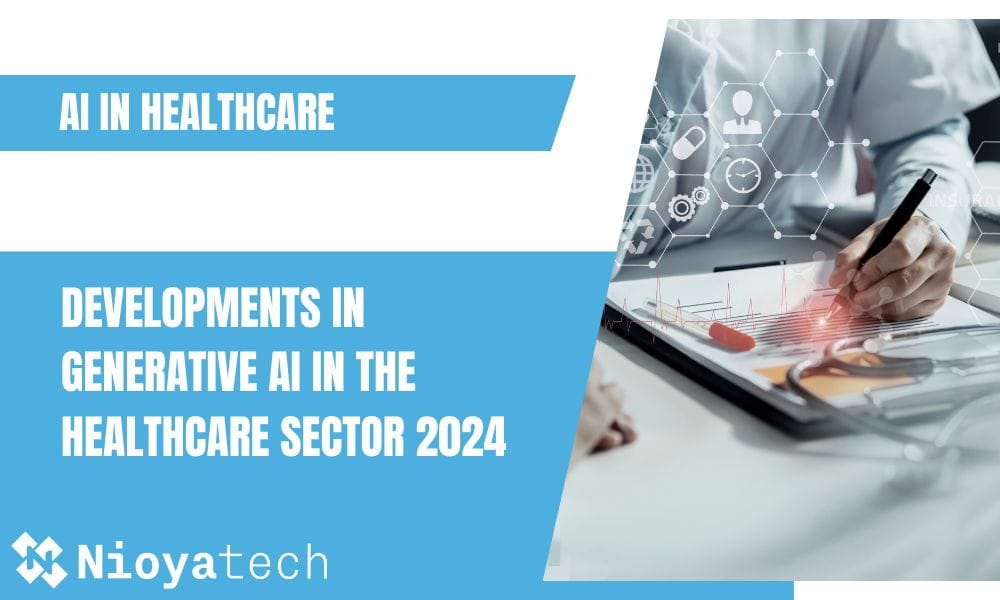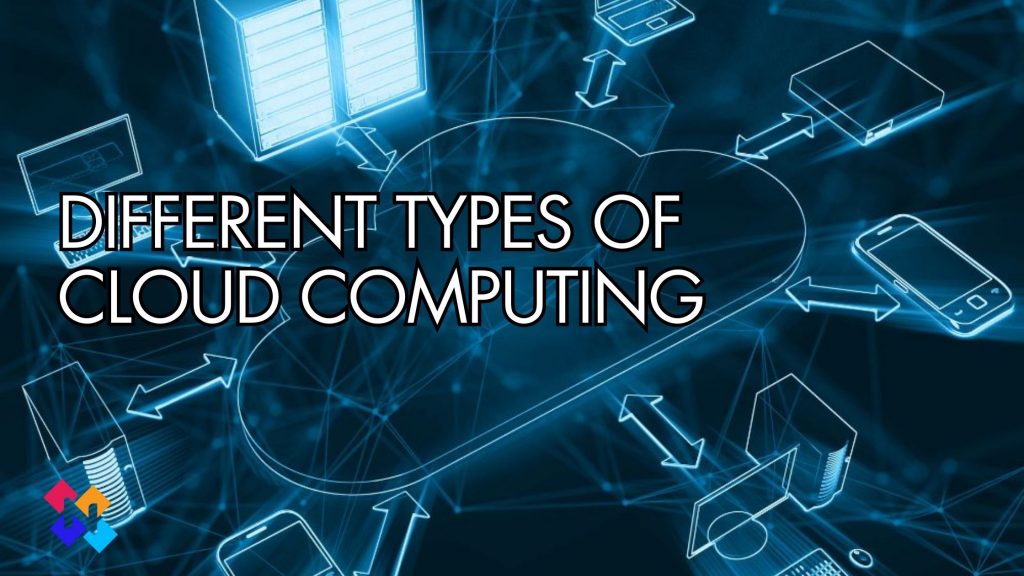Generative AI has evolved to become a transformational technology that is changing the business of healthcare as a consequence of the growing demand for new solutions in the healthcare industry. The use of artificial intelligence in healthcare will transform diagnostics, medication research, personalized therapy, and clinical documentation. This is because AI is attempting to make decisions that are more accurate and faster.
The use of artificial intelligence (AI) technology in the medical industry is growing more common, and it is predicted to become a vital tool for shaping the future of healthcare.
The Effects of Generative AI on Healthcare
Generative AI can provide new content and analyze data, and this is one of the most promising healthcare areas. Such systems enable healthcare providers to perform advanced tasks like medical image synthesis, personalized treatment planning, and drug discovery.
Generative AI in healthcare strengthens diagnostics by interpreting rich medical imagery and drawing insights from electronic health records. It overcomes the limitations of traditional data analysis, which often relies on limited datasets, generating new, much-needed information.
Generative AI also relieves administrative burdens through the automation of medical note generation, treatment codes, and summaries. That can answer diagnostic queries, recommend options for therapy, and make decision-making more effective to drive the adoption of AI in a wide range of healthcare applications. With these capabilities, generative AI is paving the way toward a more efficient and precise medical field.
Healthcare Generative AI Research Report 2024
The United States of America remains the leader in the deployment of Artificial Intelligence, with a major focus on regulatory developments and research money. The US Healthcare generative AI market is anticipated to reach $4.56 billion by 2030, growing at a CAGR of 36.4% during the forecast period of 2024-2030.
This growth is driven by the increasing adoption of AI technologies and a heightened awareness of remote patient monitoring. Notably, approximately 97% of medical data produced by hospitals annually remains unused, highlighting the potential for AI to optimize data utilization.
Generative AI systems bring revolutionary changes to healthcare by generating synthesized medical data, notes and treatment codes, and summaries, freeing healthcare professionals from the burden. This system also extends advanced diagnosticians’ capabilities of response to diagnostic queries and diagnosis courses that enable integration of and adaptation to AI across various facets in healthcare.
Global Impacts and Regional Developments
The transformative power of generative AI in healthcare will be realized by closing the gap between the wealth of untapped medical data and actionable insights. With nearly 97% of medical data generated in hospitals going to waste, AI-powered solutions provide a unique opportunity to unlock value from these resources.
It helps streamline processes in data analysis, diagnosis, and treatment planning, making the delivery of care more precise, personalized, and efficient. Such advancements in AI not only optimize operational workflows but also enhance patient outcomes, thus making AI a cornerstone in the future of healthcare innovation.
Global Leaders in Generative AI Healthcare Investments
The United States leads the pack in investing in AI companies, especially in healthcare applications, with strong research funding and innovation ecosystems. China is also a big player, having heavy investments and wide diffusion of generative AI technologies, especially in clinical and diagnostic uses.
The United Kingdom has equally been in the limelight with the integration of AI into its health care systems to improve efficiency and quality of patient care.
India is fast emerging as a key player, supported by its strong IT industry and government-backed AI initiatives like the IndiaAI Mission.
Saudi Arabia is rapidly advancing in this domain as part of its Vision 2030 initiative, dedicating substantial funds to AI, and collaborating with global technology leaders to integrate AI across healthcare sectors.
The Rise of Generative AI In Saudi Arabia
Generative AI in Saudi Arabia’s healthcare is a key focus of Vision 2030, which emphasizes using advanced technologies to modernize public services. This gives the nation regional competition in the field . Using digital health technologies such artificial intelligence, data mining, genetics, and bioinformatics helps the Kingdom to raise standards of healthcare. They also aim to underline the patient’s importance and the need of keeping data protected.
A Pioneer in Generative AI for Healthcare: Nioyatech
Several large companies are on the leading edge of using generative AI to transform healthcare, each bringing innovation to improve operations and care. Microsoft is one of those leading companies because of their advanced voice recognition and understanding of language, with various robust models, SDKs, and APIs targeted for healthcare applications.
While OpenAI focuses on optimizing clinical big data and machine learning solutions, driving better insights in healthcare. IBM Watson Health is leading a revolution in improved patient outcomes through AI-enabled data analysis, further embedding the role of generative AI in the transformation of the industry. Among those big companies, Nioyatech is recognized as one of the top 10 companies in the healthcare generative AI industry.
Here are some of the major contributions of Nioyatech:
Medical translation: Providing precise and contextually accurate translations, enabling seamless communication across multiple languages in clinical and research settings.
Drug chatbot: This tool empowers healthcare professionals and patients by offering accurate drug information, potential interactions, and personalized recommendations, revolutionizing patient engagement and pharmaceutical management.
Automated Clinical Summarization: Clinical text embedding enhances information retrieval, enabling healthcare providers to extract actionable insights from vast datasets.
Is Generative AI the Future of Healthcare?
Current use cases are not the only ones that can benefit from generative artificial intelligence. Emerging potential include conversational AI systems for patient involvement and treatment regimens developed by artificial intelligence that are personalized to individual genetic profiles. This new technology has the potential to:
Automating tasks that are repetitive can help reduce the expense of healthcare.
– Increase access to high-quality medical care in areas that are currently underserved.
Encourage a shift toward preventive and precision medicine for the medical field.

